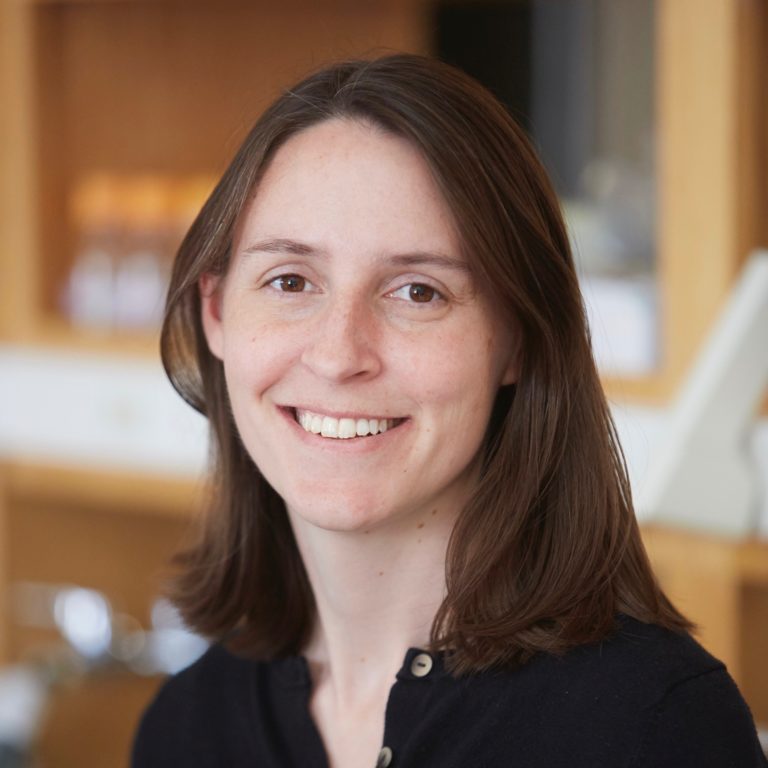Cell-to-cell heterogeneity in gene expression and growth can have critical functional consequences, such as determining whether individual bacteria survive or die following stress. However, the timescales of the dynamics that underlie this heterogeneity are often unknown. This is a critical piece of information because slow versus fast changes in expression and growth may ultimately lead to different phenotypic outcomes. In this talk, I will describe experiments using single-cell time-lapse microscopy to measure gene expression and growth in Escherichia coli, focusing on genes related to stress response. In constant environmental conditions without stress, we found many examples of pulsatile gene expression, suggesting that this may be a widespread dynamic property. These dynamics and the timescales of the pulses have functional consequences, which we demonstrate by measuring single-cell survival after exposure to transient stresses. I will also discuss progress towards experimental techniques for precisely perturbing gene expression dynamics in single cells.

Mary Dunlop is an Associate Professor of Biomedical Engineering at Boston University with additional appointments in Bioinformatics and in the Molecular Biology, Cell Biology & Biochemistry program. She graduated from Princeton University with a B.S.E. in Mechanical and Aerospace Engineering and a minor in Computer Science. She then received her Ph.D. from the California Institute of Technology, where she studied synthetic biology with a focus on dynamics and feedback in gene regulation. As a postdoctoral scholar, she conducted research on biofuel production at the Department of Energy's Joint BioEnergy Institute. Her lab engineers novel synthetic feedback control systems and also studies naturally occurring examples of feedback in gene regulation. In recognition of her outstanding research and service contributions, she has received many honors including a Department of Energy Early Career Award, a National Science Foundation CAREER Award, and the ACS Synthetic Biology Young Investigator Award. She is also the recipient of several teaching awards, including Boston University’s Biomedical Engineering Professor of the Year Award (2019) and the College of Engineering Teaching Excellence Award (2020).

